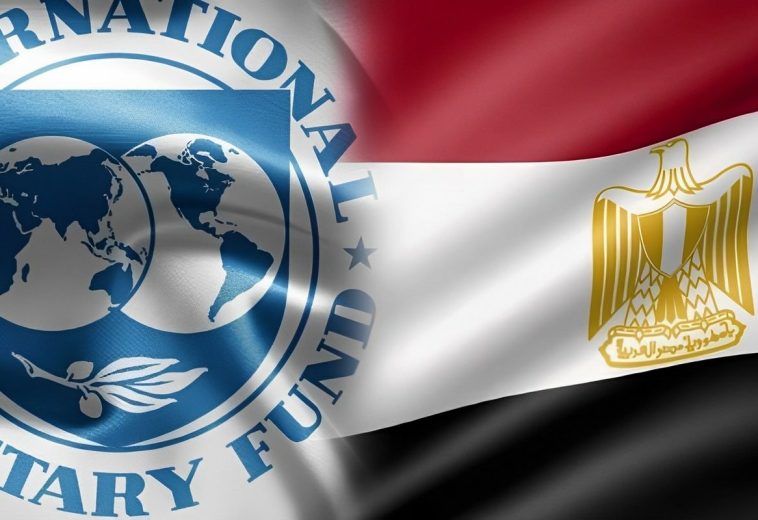Africa’s presence and participation in international institutions like the United Nations (UN) and other global organizations are crucial for shaping global policies, advocating for the continent’s interests, and addressing pressing issues affecting African nations. While Africans have increasingly gained representation in these bodies, there remain significant challenges and opportunities to explore.
In the early years of the UN, African nations played a limited role due to colonialism and the lack of independence. However, as African countries gained sovereignty, their engagement in international affairs grew significantly.
Africans hold various positions within the UN and other global bodies, ranging from ambassadorial roles to leadership positions. For instance, African diplomats represent their countries in the UN General Assembly, Security Council, and specialized agencies. Moreover, Africans have held prestigious roles such as Secretary-General of the UN.
African nations have significantly contributed to various aspects outlined in the UN Charter, including peace and security, human rights, and development. However, there is a need to strengthen this contribution by fostering a constructive partnership between Africa and the UN on both African and global issues. Despite being active participants in the UN, there’s often a reluctance within the organization to fully engage with African perspectives and solutions, largely due to a perception of Africans as passive recipients of assistance rather than active contributors.
African nations have been integral to UN peacekeeping efforts, providing troops, police, and civilian staff across the globe. Many African individuals have also assumed leadership roles within the UN system, contributing to its work at various levels. Additionally, Africa has been a testing ground for new doctrines and practices in areas such as peacekeeping and refugee protection, leading to significant innovations in international law and practice.
Moreover, African regional organizations have played pivotal roles in addressing conflicts within the continent, sometimes in the absence of meaningful international intervention. Examples include ECOWAS’s intervention in Liberia and Sierra Leone and the AU’s missions in Darfur and Somalia. These experiences have underscored the effectiveness of hybrid operations involving both regional and international actors in addressing complex conflicts.
Despite these contributions, African nations often act individually rather than collectively, limiting their influence on global policies. However, when united and purposeful, as demonstrated in instances like ECOMOG’s interventions, African nations wield considerable influence.
African representatives at global organizations often advocate for issues pertinent to the continent, such as peace and security, sustainable development, human rights, and climate change. Through diplomacy and coalition-building, they strive to ensure that African perspectives are considered in global policymaking processes.
Africans face challenges in fully leveraging their presence in global organizations. These challenges include unequal representation, limited influence in decision-making processes, and resource constraints. Moreover, African nations sometimes struggle to present a unified voice due to diverse interests and geopolitical dynamics within the continent.
There are opportunities for Africans to enhance their impact on the global stage. Strengthening intra-African cooperation, investing in diplomatic capacity-building, and fostering partnerships with other regions can amplify Africa’s voice and influence. Additionally, leveraging digital platforms and innovative approaches to diplomacy can facilitate broader participation and engagement.
Moving forward, there is a need for greater collaboration between African nations and the UN, focusing not only on traditional peacekeeping but also on addressing the root causes of conflicts through development initiatives.
Africans’ participation in the UN and other global organizations is indispensable for addressing global challenges and advancing Africa’s interests on the world stage. While there are obstacles to overcome, there are also immense opportunities for Africans to shape international agendas and foster collaboration for humanity.


